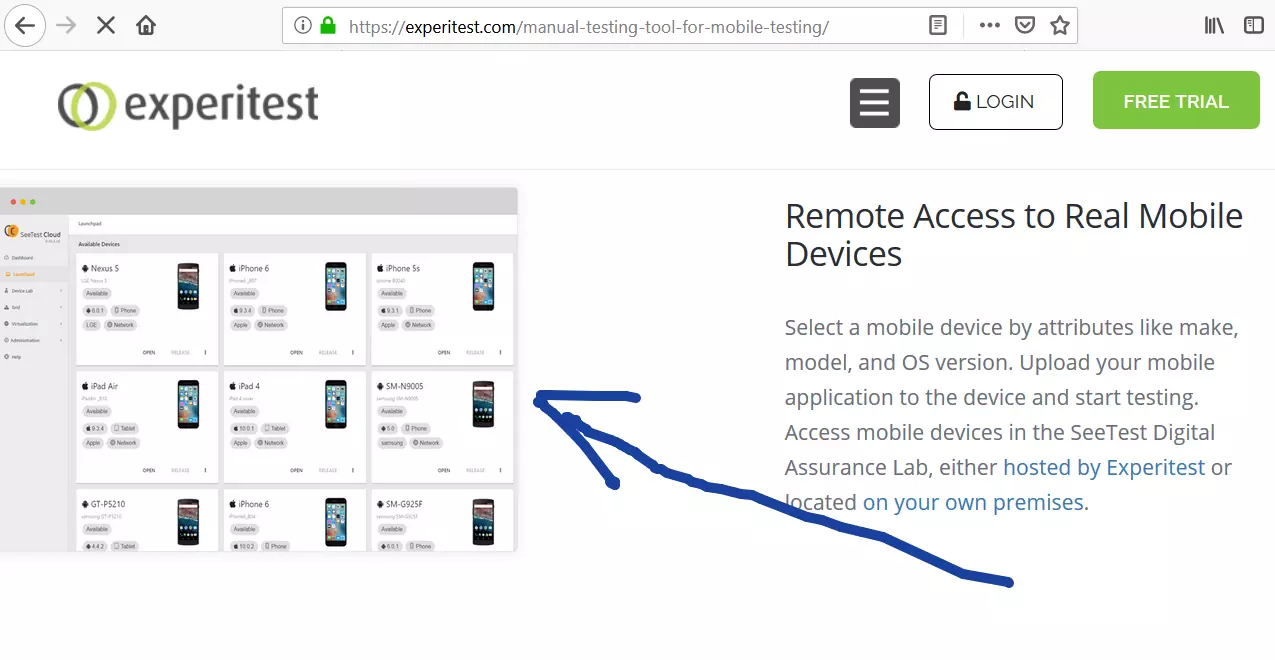Mobile Operating Systems
Overview
In this tutorial, we will explore different examples of mobile operating systems. These are software platforms specially designed for mobile devices such as smartphones, tablets, smartwatches, cellphones, and other hand-held gadgets. They serve as the foundation that allows these devices to carry out different tasks and run applications. We refer to the operating system used in a mobile handheld device as a mobile OS.
It is vital to remember that the mobile technology landscape is constantly changing, and new operating systems can emerge while older ones may become obsolete.
Mobile Operating Systems
Some of the popular mobile operating systems are as follows:
- Android
- iOS
- Symbian
- Blackberry OS
- Tizen
- Windows Mobile
Android
Android is an open-source mobile operating system, created by Google. It is the most commonly used mobile operating system worldwide. It is built on the Linux kernel, allowing device manufacturers to tailor it to their needs. The Google Play Store provides access to a vast range of apps within the Android ecosystem.
iOS
iOS is the operating system created by Apple, which is only available on Apple devices such as iPhones, iPads, and iPod Touch. It is famous for its seamless user experience and wide range of apps. One of its unique features is the tight integration of hardware and software. iPadOS, on the other hand, is a separate operating system developed for Apple’s iPad tablets. It offers features that are tailored to the larger screen and more advanced multitasking capabilities.
Symbian
During the early 2000s, Symbian was one of the most popular and earliest smartphone operating systems that dominated the mobile market. It was specifically created for smartphones as a mobile operating system and computing platform. Symbian Ltd., a group of mobile phone manufacturers including Nokia, Ericsson, and Motorola, developed the system.
Tizen
Tizen is an open-source operating system developed by the Linux Foundation and backed by Samsung. It is used in various devices, such as smartphones, smart TVs, and smartwatches.
Windows Mobile (discontinued)
Windows 10 Mobile aimed to unify Windows devices but was discontinued due to poor market reception.
BlackBerry OS (discontinued)
BlackBerry (formerly Research in Motion) developed the BlackBerry OS to be a secure and efficient platform. However, despite its advanced features, it failed to compete with Android and iOS.
Android and iOS are the most popular mobile operating systems. However, other OSs target specific device types to offer unique experiences.






